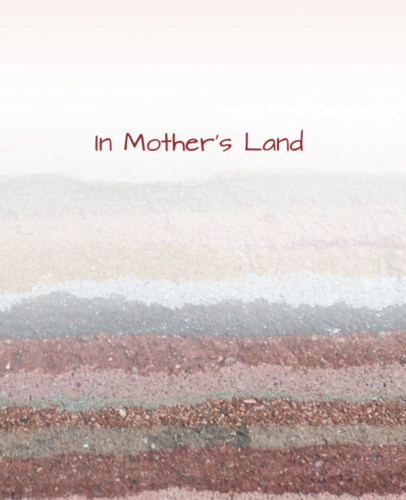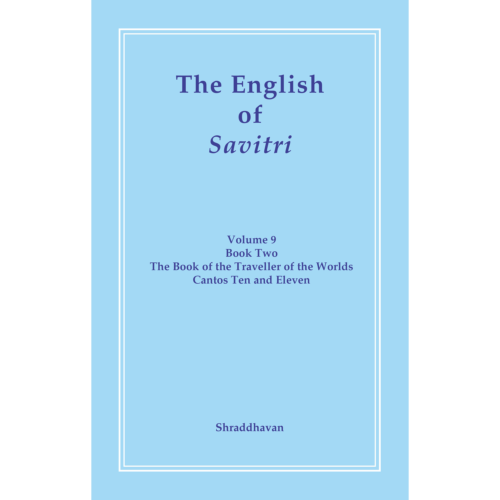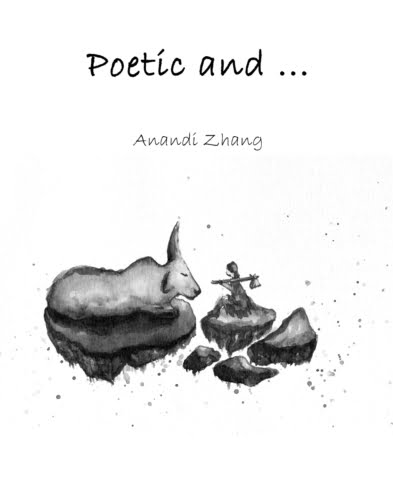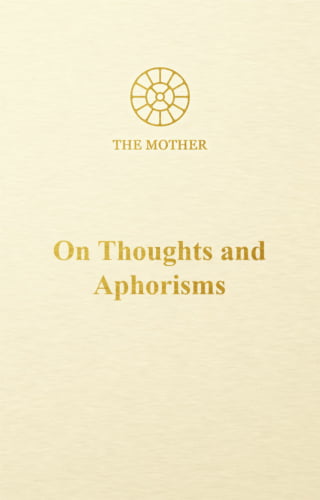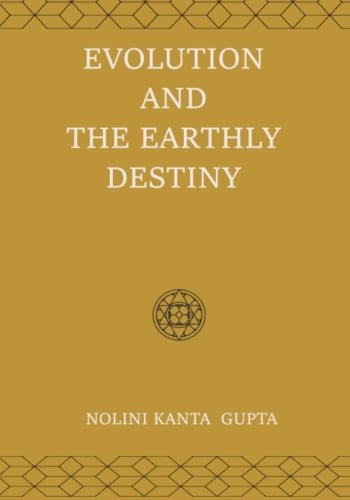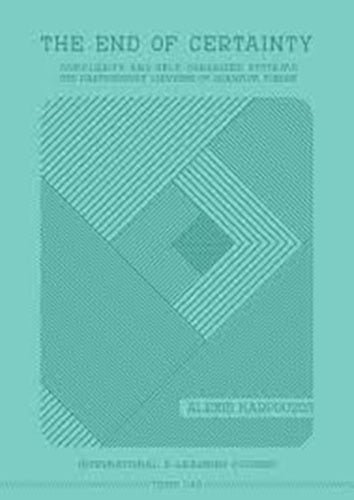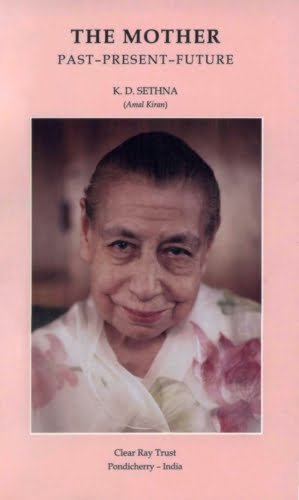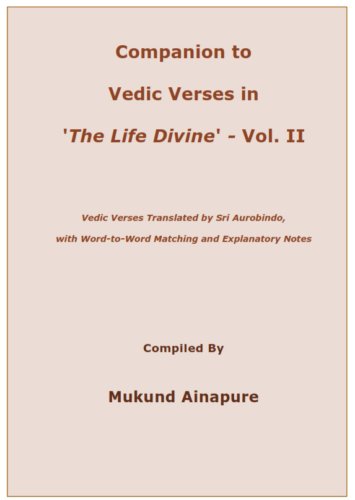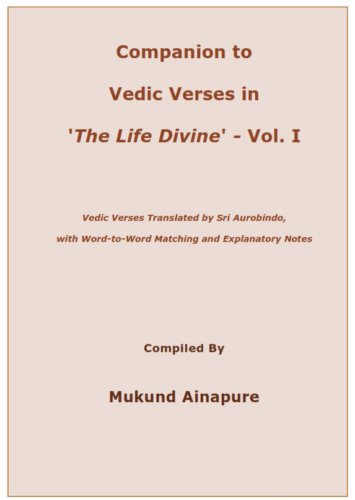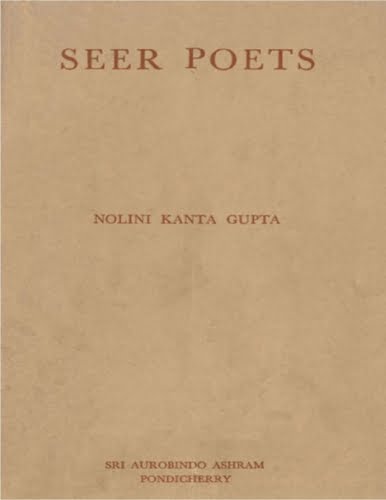Seer Poets
In this essays, Nolini Kanta Gupta presents example of poetry inspired from the inner sight.
Vision is the characteristic power of the poet, as is discriminative thought the essential gift of the philosopher and analytic observation the natural genius of the scientist. The Kavi was in the idea of the ancients the seer and revealer of truth, and though we have wandered far enough from that ideal to demand from him only the pleasure of the ear and the amusement of the aesthetic faculty, still all great poetry instinctively preserves something of that higher turn of its own aim and significance. Poetry, in fact, being Art, must attempt to make us see, and since it is to the inner senses that it has to address itself,—for the ear is its only physical gate of entry and even there its real appeal is to an inner hearing,—and since its object is to make us live within ourselves what the poet has embodied in his verse, it is an inner sight which he opens in us, and this inner sight must have been intense in him before he can awaken it in us.
Sri Aurobindo, The Future Poetry
The poetic genius can manifest in two ways. The one is artificial imagination, the other is divine vision or direct experience. The artificial imagination is nothing but fancy. This fancy may be superbly fascinating but that would be the restive cleverness of the fickle vital and the outward senses – the delight of thought, of the critical reason; on the other hand, the divine or direct experience illumines the thing-in-itself, the truth. This is the truth-vision of the soul, the Psychic Being. The poet who depends only on fancy may possibly be a poet but never the seer-poet who sees with the divine vision and creates. In fact, the seer-poet sees nothing save spirituality. We have shown above the difference between the spiritual and the mundane aspect of the truth. But in reality in the eyes of the seer-poet there is no such distinction at all. The divine sees the Self not only in things spiritual but also in things terrestrial. Even when the seer-poet speaks of the gross, the body, he speaks of the truth behind the gross, the truth behind the body-self. The totally material and vulgar can never be the object of fine art.
Nolini Kanta Gupta
Book Details
Complier: Nolini Kanta Gupta
Print Length: 67 pages
Publisher: Sri Aurobindo Ashram
Submitted by: Avinash Tiwari
Book format: PDF, ePub, Kindle
Language: English Read more
